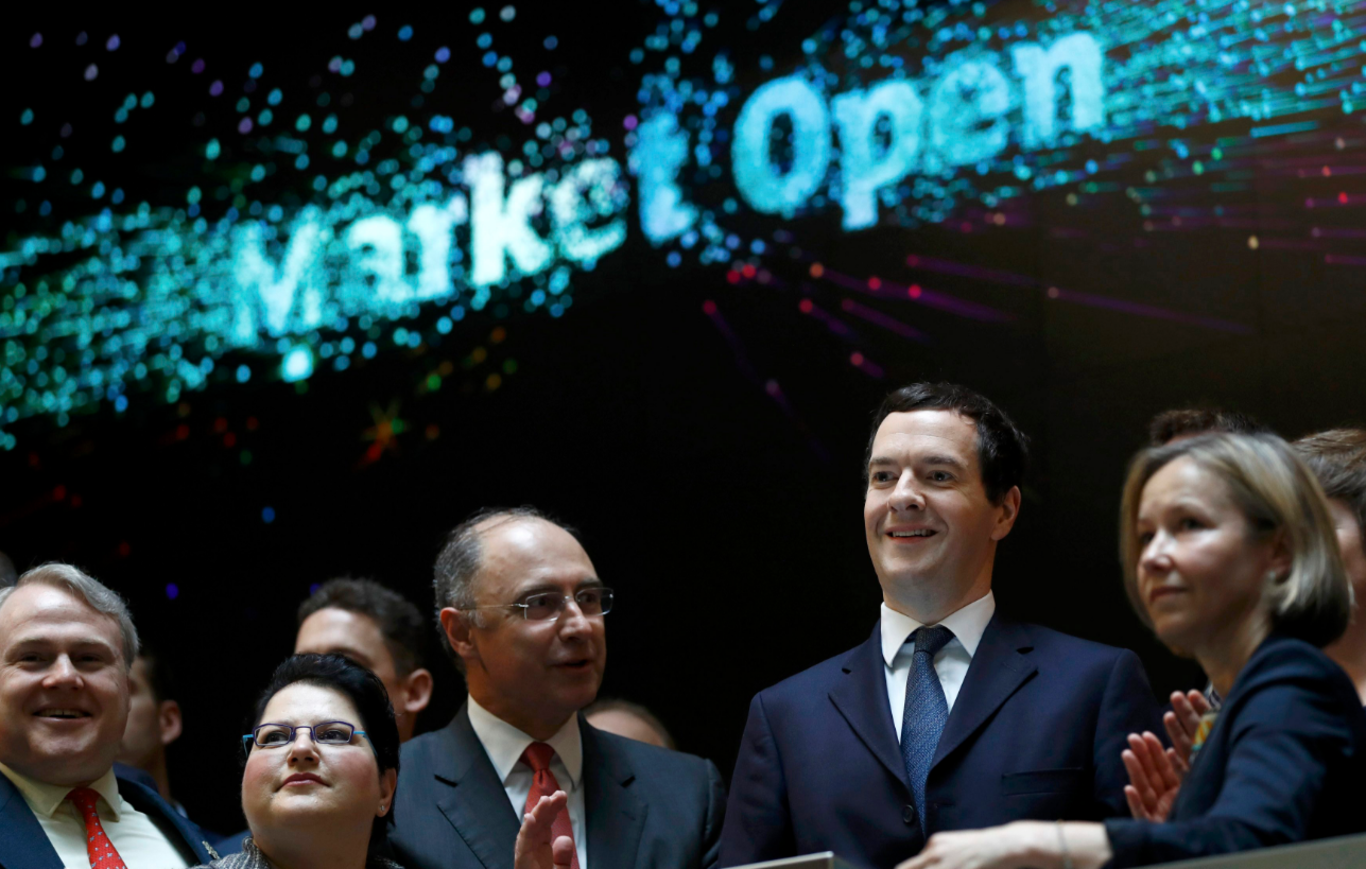Irish investment to come under threat as UK to slash corporate tax
UK Chancellor George Osborne has pledged to cut the rate to 15% to prove the nation is open for business.
THE UK LOOKS set to slash its corporation tax to 15% in a move that will bring it into direct competition with Ireland for foreign investment.
UK Chancellor George Osborne said that he will cut the rate, which currently stands at 20%, down to 15%.
Osborne revealed the plans in an interview with the Financial Times where he outlined his plans to deal with the effects of the UK’s vote to leave the European Union.
Regarding the cut to corporate tax, he said Britain should “get on with it” to prove to investors that the country was still “open for business”.
He said that the move is part of an effort to build a “super competitive economy” with low business taxes and a global focus.
Osborne did not specify when the rate would be lowered to 15%, although the UK government had previously pledged to reduce the rate to 17% by 2020.
The measure would almost bring the UK into line with Ireland’s rate, which stands at 12.5%.
Competition
The 12.5% rate has widely been recognised as a key factor in convincing large multinational companies to set up operations here, and there are fears that the UK’s lower rate will make it more difficult to continue attracting that same investment.
Business group Ibec said that the announcement reinforces the needs to significantly reform the Irish offering in the upcoming budget to make the country more attractive for foreign investment.
The organisation’s CEO Danny McCoy said that the plans to cut the UK’s corporate tax rate “is a further wake up call that cannot be ignored”.
 Ibec CEO Danny McCoy
Ibec CEO Danny McCoy
“The UK vote to leave the EU only increases the need for Ireland to significantly improve its business and personal tax offering,” he said.
Tax cuts
“Ireland has had very limited control over major recent political and economic developments. However, we must act decisively in areas where we do have control.”
He added: “The next budget should include bold moves to support investment and job creation.
“We need to slash capital gains tax, cut the marginal tax rate to attract mobile talent and bring the tax treatment of share options into line with the UK and other competitor economies. Now is not the time to sit on the sidelines and see what happens.”
As well as the tax cut Osborne said his five point plan to galvanise the economy also included focusing on a new push for investment from China, ensuring support for bank lending, redoubling efforts to invest in the ‘Northern powerhouse’ plan to boost economic growth in the North of England and maintaining the UK’s fiscal credibility.






